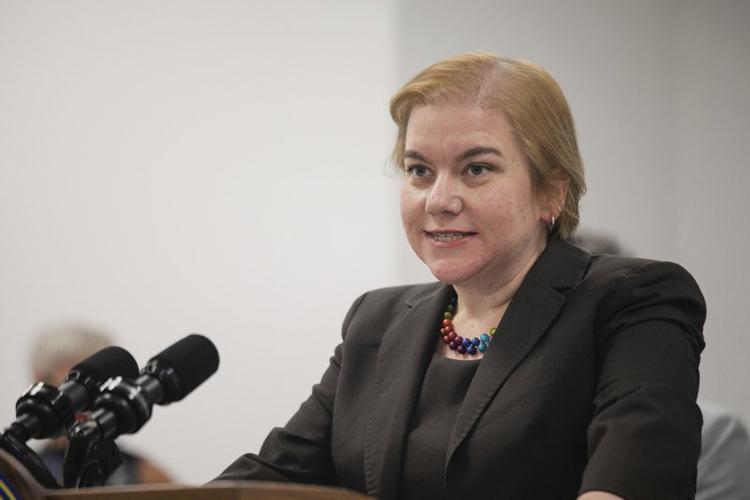Milwaukee – Executive Director of Esperanza Unida, Manny Perez states that Esperanza Unida has been in fiscal turmoil for years due to “toxic debt” created by loans the agency has incurred since 1994.
The 611 International Building is in the midst of being foreclosed on by the City of Milwaukee because of property taxes the agency is not able to pay. The financially troubled organization owes $231,561 in property taxes on its building, including $155,000 in back taxes for 2011 and 2012.
If the foreclosure moves forward, the city plans to seek development proposals on the four-story, 76,000-square-foot building, at 611 W. National Ave.
Perez states that Esperanza Unida’s financial troubles are the result of “toxic debt” tied to loans made against the building in 1994 without authorization from the Economic Development Administration (EDA). Perez confirmed that loans were made with 611 building as collateral until 2002.
Perez continued to say that the original loans taken in 1994 would be paid down and then new loans would be taken out on top of the original loans. He went on to say that the EDA confirmed that loans taken out after using the building as collateral was a violation of terms and should have never happened without their authority.
Perez points out that due to the burden of the that instant bad credit loan, the agency was unable to fix building code violations that led most of the tenants to make up their minds and move out. He also explained that a combination of toxic debt, low rental rates, and lack of economic development in the nearby Milwaukee south side, made impossible historically to conduct repairs and to attract tenants at higher rental rates.
“Repairs needed at the 611 building total in the hundreds of thousands of dollars”, said Robert Miranda, former executive director. “Whatever was done with the loans, it is clear that during the Richard Oulahan administration and the 1994 board of directors, you can clearly see were never put towards the repairs and remodeling that were needed in the building”.
If the building is sold, the EDA would get proceeds from the sale to pay back on the grant it gave in 1994. The EDA provided a $712,800 grant in 1994 to help pay for a $1.06 million renovation of the building’s first and second floors.
Perez said that he is working with the City of Milwaukee and the EDA to resolve the matter with the goal of selling the building so the creditors are paid.





